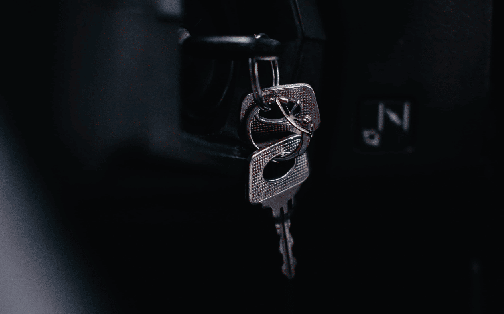

What is Classed as an Accident at Work?
Just exactly what is classed as an accident at work? Is it a bang on the head from standing up from under a desk? Is it a fall down the stairs? A slip in front of the reception desk? The fact is that an accident at work can take many forms, and if it is possible to prove liability or negligence on the behalf of your employer, then you could be within your rights to make a claim with Winn Solicitors.
An accident at work can lead to a lack of mobility, severe distress, and repercussions that can last long after you return to your job. If you have had an accident at work, then it is to be expected that you will have some questions before deciding whether or not to launch a claim.
Who is responsible for an accident at work?
In the majority of cases, the responsibility (and therefore liability) for what is classed as an accident at work falls at the feet of the employer. It is your employer's duty to ensure that you have received the necessary safety equipment and relevant training to avoid accidents. For example, if you work in a warehouse, safety jackets and a course in operating heavy machinery would be expected. If they are not, then your employer is acting negligently.
It's also down to your employer to keep you safe from harm in other ways. This includes clearly marking spillages, ensuring all electrics and electrical appliances are safe, and providing the correct advice on how to handle certain tasks and scenarios. If it can be shown that they did not give you suitable instruction or guidance, then it is your employer who is responsible for an accident at work.
It is always worth taking a claim forward for an accident at work, even if you believe that you are partially to blame. If your own carelessness was partly to blame for your accident, then your 'contributory negligence' will be taken into consideration. This can reduce the amount of compensation you are entitled to, but will not invalidate your claim.
Why is it important to report an accident at work?
There are several reasons why you should report an accident at work. The first, and foremost, is that without making a report there will be no record of your accident. Without a record, you cannot prove what happened, and it will be extremely difficult to claim for injuries when there is no evidence of the accident occurring in the first place. It is important to take your complaint and accident claim through the proper channels at all times before claiming.
Secondly, reporting an accident at work can be instrumental in saving other people, your colleagues for example, from suffering in similar ways. Once you have reported your accident, your employer must address the health and safety breaches or the lack of necessary equipment/training that allowed you to be injured in the first place. This will, in turn, create a safer working environment for all.
How should accidents be reported in the workplace?
Now that you know what is classed as an accident at work, it is important that you report an incident correctly.
If you have suffered an accident at work then it is vital that you report it to your supervisor immediately. Regardless of who is responsible for an accident at work, the Reporting of Injuries, Diseases and Dangerous Occurrences Regulations (RIDDOR), require employers (or sometimes those who manage the property) to keep a record of any accidents and injuries. These records must then be passed to the relevant authorities.
If you have suffered an accident at work, however, you need only concern yourself with telling your supervisor/employer and then getting in touch with Winn Solicitors. We are here for you, and we will work hard to make sure you get the compensation you deserve.
To find out more about what is classed as an accident at work, or to start your claim, contact Winn Solicitors today.
Share this article
Request a Callback
Had an accident that wasn’t your fault? Leave your details and we’ll call you back.
Thank you
Thank you for your request, one of our team members will be in touch shortly.
Find Out MoreExisting Client?
Keep on top of your claim 24/7, 365 days a year with Touchpoint, accessible from any internet-enabled device.



